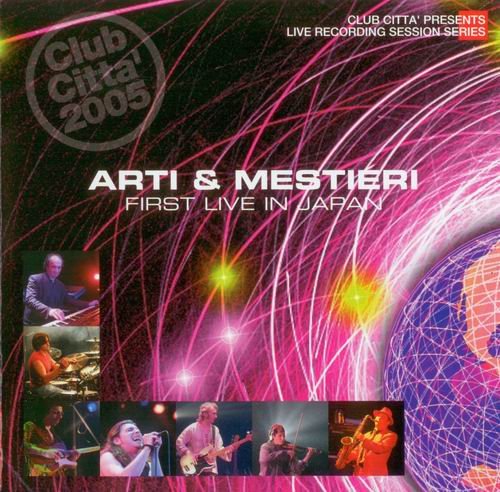Edouard Ferlet - Think Bach, Op. 2 (2017) [Hi-Res]

Artist: Edouard Ferlet
Title: Think Bach, Op. 2
Year Of Release: 2017
Label: Mélisse
Genre: Jazz
Quality: flac lossless / flac 24bits - 96.0kHz +Booklet
Total Time: 00:49:55
Total Size: 178 / 892 mb
WebSite: Album Preview
TracklistTitle: Think Bach, Op. 2
Year Of Release: 2017
Label: Mélisse
Genre: Jazz
Quality: flac lossless / flac 24bits - 96.0kHz +Booklet
Total Time: 00:49:55
Total Size: 178 / 892 mb
WebSite: Album Preview
01. Oves
02. Anthèse
03. Mind the Gap
04. Et si
05. Es ist Vollbracht.
06. Les Bacchantes
07. Mécanique organique
08. Harpsichord Concerto No. 5 in F Minor, BWV 1056: II. Largo
09. Crazy B
10. Miss Magdalena
After playing Russians in four hands or at the side of the harpsichord, the jazz pianist returns to the solo exercise of reflection around Johann Sebastian Bach. Challenge raised, body and soul. Think Bach or think Bach and even rethink is the project of pianist Edouard Ferlet, balanced on the thread that distinguishes reproduction and invention, where as written by pianist and composer Adrian O. Smith (Arden Day) the work Bach would be both "the promise and the turn that the pianist would give us what the conjurers call prestige."
Edouard Ferlet lets us hear stages of transformation, but without realizing it, as if we were going through "several decompression chambers" as he writes about this "Crazy B." interpretation from the first of the Goldberg Variations. This is not the first time that Edouard Ferlet has worked in this direction of acquisition and distortion through improvisation: there had been Think Bach the first part (5 years ago), the project "Bach Plucked Unplucked With the harpsichordist Violaine Cochard and then recently 5 Russian composers reinterpreted as a duo (4 hands with Paul Beynet) for Pentagram (which we have already mentioned here). Here the exercise is solitary, full of doubts as he confides in the notes (almost give up to explore The Passion according to St. John "it is difficult to transform such perfect works (...) We are afraid to spoil, to go How can we succeed in opening another radical direction? "asks the pianist, an exercise that sometimes leads to the stripping, to the melody alone, as in Concerto No. 5.
![Ingrid Jensen - Landings (2026) [Hi-Res] Ingrid Jensen - Landings (2026) [Hi-Res]](https://www.dibpic.com/uploads/posts/2026-02/1772179914_cover.jpg)

![Toshi Tsuchitori, Ryuichi Sakamoto - Disappointment–Hateruma (2026) [Hi-Res] Toshi Tsuchitori, Ryuichi Sakamoto - Disappointment–Hateruma (2026) [Hi-Res]](https://img.israbox.com/img/2026-02/27/0xnicsyi5sdb8v2xp0fiz1kew.jpg)


![VA - From the Archive Vol. 3... compiled by Volcov (2026) [Hi-Res] VA - From the Archive Vol. 3... compiled by Volcov (2026) [Hi-Res]](https://www.dibpic.com/uploads/posts/2026-02/1772033794_a3743742618_10.jpg)
![Mateus Asato - ASATO (2026) [Hi-Res] Mateus Asato - ASATO (2026) [Hi-Res]](https://www.dibpic.com/uploads/posts/2026-02/1772112407_egqdz3e9dom2b_600.jpg)

